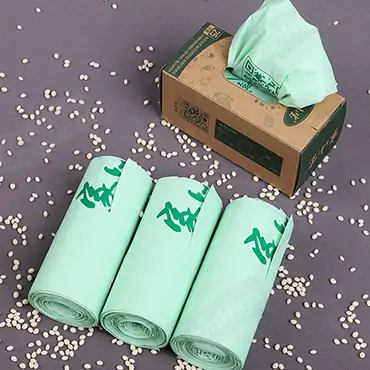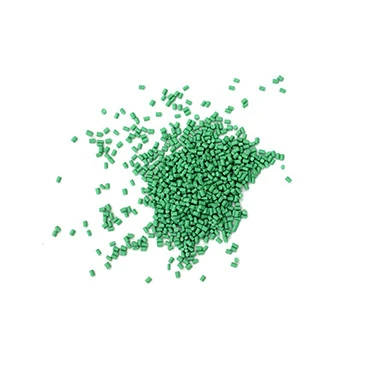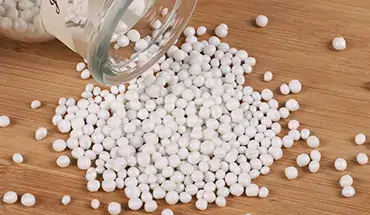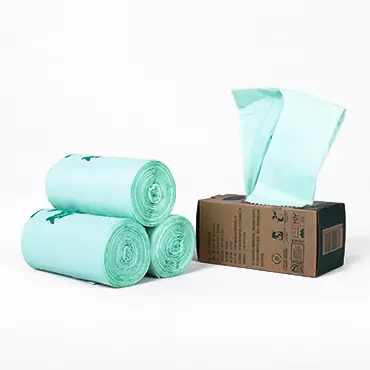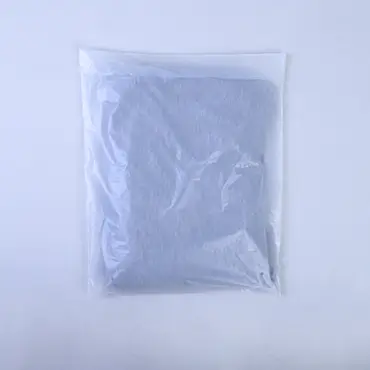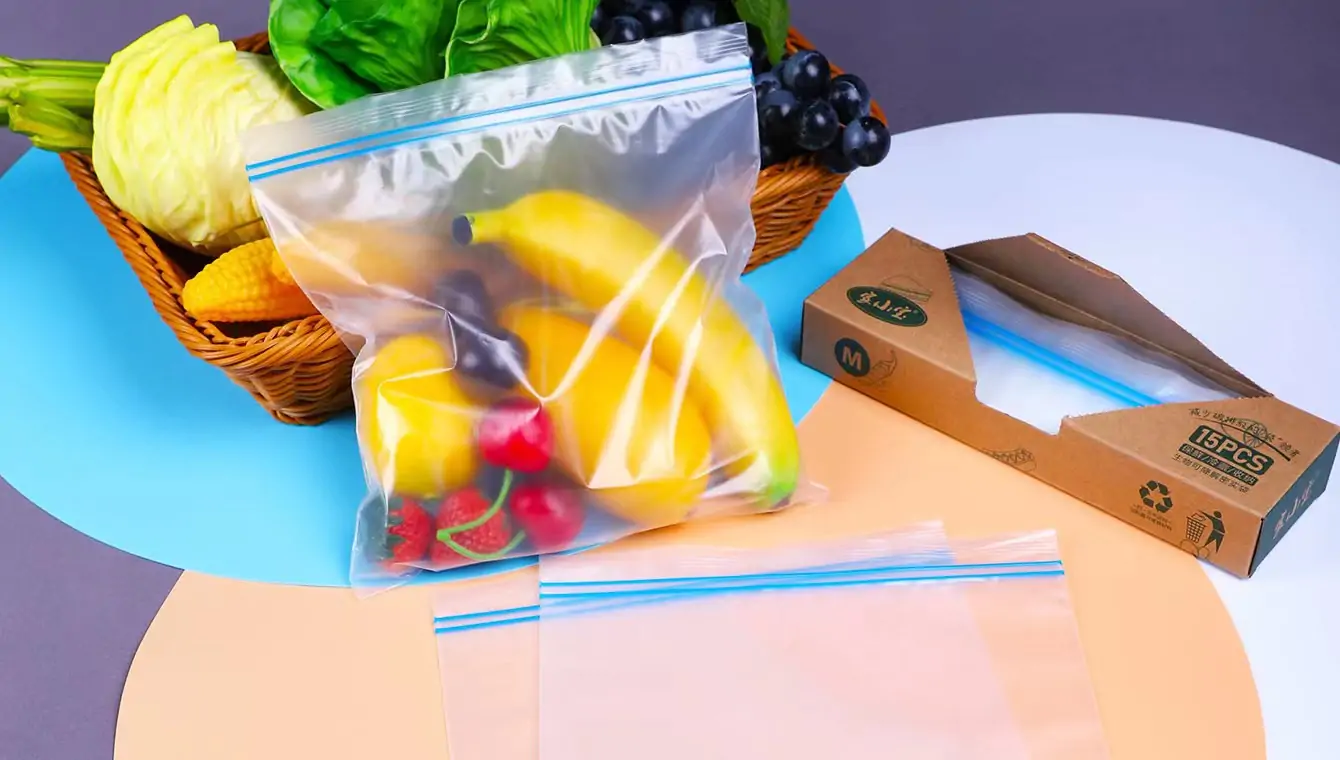
Ever found yourself staring blankly at a wall of ziplock bags, wondering which one is right for your products? You’re not alone! As a business owner, distributor, or supplier, the packaging you choose says a lot about your brand. It’s not just about containment; it’s about protection, presentation, and practicality. But with so many options out there, how do you make the right choice? Don’t worry, we’ve got you covered. This guide will walk you through everything you need to know to select the perfect plastic ziplock bags for your products.
Why the Right Ziplock Bag Matters
Think of a ziplock bag as more than just a simple pouch. It’s a silent ambassador for your product. It’s the first thing your customers see and the last line of defense against damage, spoilage, and contamination.
More Than Just a Bag: Protecting Your Products and Your Brand
Choosing the right ziplock bag is crucial for maintaining product integrity. A well-chosen bag keeps food fresh, prevents leaks, and protects non-food items from dust, moisture, and wear and tear. But it’s not just about function.
First Impressions and Lasting Impressions
The right bag can also enhance your brand image. A high-quality, well-designed bag conveys professionalism and care, leaving a positive impression on your customers. Conversely, a flimsy, ill-fitting bag can diminish your brand’s perceived value. In a competitive marketplace, these details matter.
Understanding Your Needs: What Are You Packing?
Before diving into the technical details, take a moment to consider what you’re actually packing. Different products have different needs, and understanding these is the first step to choosing the right ziplock bag.
Food Products: Freshness and Safety First
If you’re in the food business, you know that freshness is king. The right ziplock bag can make or break a product’s shelf life. You’ll need bags that are FDA-approved for food contact, offer excellent barrier properties against moisture and oxygen, and can withstand refrigeration or freezing if needed.
Non-Food Items: Durability and Presentation
For non-food items like hardware, crafts, or apparel, durability and presentation are key. You might need bags that can withstand rough handling, protect against scratches or dust, and showcase your product attractively.
Bulk Items: Strength and Capacity
If you’re dealing with bulk items, you need ziplock bags that can handle the weight and volume without tearing or bursting. Strength and capacity are paramount here.
The Material World: Different Types of Plastic for Ziplock Bags
Now, let’s get into the nitty-gritty of materials. The type of plastic used in your ziplock bag significantly impacts its performance. Here are some common types:
-
LDPE (Low-Density Polyethylene)
LDPE is the most common material for ziplock bags. It’s flexible, relatively clear, and cost-effective. Great for general use, but not always suitable for heavy or sharp objects.
-
LLDPE (Linear Low-Density Polyethylene)
LLDPE is a more robust version of LDPE. It offers better puncture and tear resistance, making it suitable for heavier items or those with sharp edges. It’s a workhorse that offers a perfect blend of quality and affordability.
-
HDPE (High-Density Polyethylene)
HDPE is known for its strength and rigidity. It’s less clear than LDPE or LLDPE but offers superior moisture barrier properties. Often used for industrial applications or items that require extra protection.
-
PP (Polypropylene)
PP is known for its high clarity and heat resistance. It’s often used for food packaging where visual appeal is essential. Think of it as the show-off of the ziplock bag world.
-
Recycled and Biodegradable Options
As environmental concerns grow, recycled and biodegradable ziplock bags are gaining popularity. While these are excellent options for reducing environmental impact, make sure they meet the performance requirements of your product. It might be worth considering biodegradable and compostable plastic ziplock bags made from corn starch or cellulose, which decompose into harmless substances under specific conditions.
Size Matters: Finding the Right Fit
Choosing the right size is more than just making sure your product fits. It’s about efficiency, presentation, and cost.
Standard Sizes: From Snack to Gallon
Ziplock bags come in a wide range of standard sizes, from tiny snack bags to large gallon-sized ones. Consider the dimensions and weight of your product to select the appropriate size. These are also your best bets for packing.
Custom Sizes: Tailoring to Your Unique Needs
Sometimes, standard sizes just don’t cut it. If you have uniquely shaped or sized products, consider custom-sized ziplock bags. This ensures a perfect fit, minimizes wasted space, and can enhance your product’s presentation. As a plastic ziplock bag manufacturer, we can provide you with customized bags.
The Importance of Gussets for Added Capacity
Gussets are expandable sides or bottoms that allow a bag to hold more volume. If you’re packing bulky items, gusseted ziplock bags can be a game-changer.
Sealing the Deal: Zipper Types and Their Benefits
The zipper is the defining feature of a ziplock bag, and not all zippers are created equal.
Single Track Zippers: Simple and Effective
Single-track zippers are the most common and economical type. They offer a secure seal for most everyday applications.
Double Track Zippers: Extra Security
Double-track zippers provide an extra layer of security, reducing the risk of accidental openings. Ideal for items that require extra protection or for liquids. If your products require a higher level of sealing, then double-track zipper bags would be a better choice.
Slider Zippers: Convenience at Your Fingertips
Slider zippers offer easy opening and closing, perfect for products that require frequent access. They are very popular among customers.
Thickness and Durability: Matching the Bag to the Burden
Thickness, often measured in mils (thousandths of an inch), is a crucial factor in a ziplock bag’s durability.
Understanding Mil Thickness: What Does It Mean?
A higher mil count indicates a thicker, more durable bag. But don’t go for the thickest bag just because you can. Match the thickness to your product’s needs to avoid unnecessary costs.
Light-Duty Bags: Perfect for Light Items
Light-duty bags (1-2 mils) are suitable for lightweight items like snacks, small parts, or documents. They’re cost-effective but not designed for heavy or sharp objects.
Heavy-Duty Bags: Built for the Toughest Jobs
Heavy-duty bags (3 mils and above) can handle heavier items, sharp objects, or anything that requires extra protection during shipping or storage.
Special Features to Consider
Sometimes, standard features aren’t enough. Here are some special features that might be relevant to your needs:
Anti-Static Bags: Protecting Sensitive Electronics
If you’re dealing with electronic components, anti-static ziplock bags are essential. They dissipate static electricity, protecting sensitive parts from damage.
Reusable Bags: An Eco-Friendly Choice
Reusable ziplock bags, often made from thicker materials and with stronger zippers, are a sustainable option. They can be used multiple times, reducing waste and potentially saving costs in the long run. For consumers, they tend to prefer these reusable bags in their daily lives.
Tamper-Evident Bags: Security You Can See
Tamper-evident ziplock bags provide a visible indication if the bag has been opened. Ideal for products where security and authenticity are paramount.
Printing and Branding: Making Your Mark
Custom printing allows you to add your logo, brand name, or product information directly onto the ziplock bag. This is a powerful branding tool that can increase brand recognition and customer engagement.
Cost vs. Quality: Finding the Sweet Spot
Of course, cost is always a consideration. But remember, the cheapest option isn’t always the best.
Bulk Buying: Saving More by Stocking Up
Buying ziplock bags in bulk almost always results in lower per-unit costs. If you have the storage space and use a consistent size and type of bag, bulk buying can be a smart financial move.
Long-Term Value: Investing in Durability
Investing in higher-quality, more durable ziplock bags can save you money in the long run by reducing product damage, returns, and customer complaints.
Supplier Selection: Partnering for Success
Choosing the right supplier is just as important as choosing the right bag.
Reputation and Reliability: What to Look For
Look for suppliers with a proven track record of quality, reliability, and on-time delivery. Check online reviews, ask for references, and consider their industry experience.
Customization Options: Meeting Your Specific Needs
A good supplier should offer a wide range of customization options, including sizes, materials, zipper types, and printing. They should be able to tailor their products to your specific needs.
Customer Service: Support When You Need It
Excellent customer service is crucial. Your supplier should be responsive, knowledgeable, and able to provide support throughout the ordering process and beyond.
Conclusion: Making the Right Choice for Your Business
Choosing the right ziplock bags for your products is a multifaceted decision that requires careful consideration of your product’s needs, your brand’s image, and your budget.
Key Factors to Consider
Remember to consider the material, size, zipper type, thickness, special features, cost, and supplier reputation when making your choice.
Future Trends in Ziplock Bag Technology
The world of ziplock bags is constantly evolving. Keep an eye out for new materials, innovative zipper designs, and smart packaging solutions that could further enhance your products and streamline your operations.
Ready to find the perfect ziplock bags for your products? Contact us today for a free quote! As a leading manufacturer of plastic ziplock bags, ShinHigh Bio offers a wide range of high-quality, customizable solutions to meet your every need. Let us help you protect your products, enhance your brand, and grow your business.

